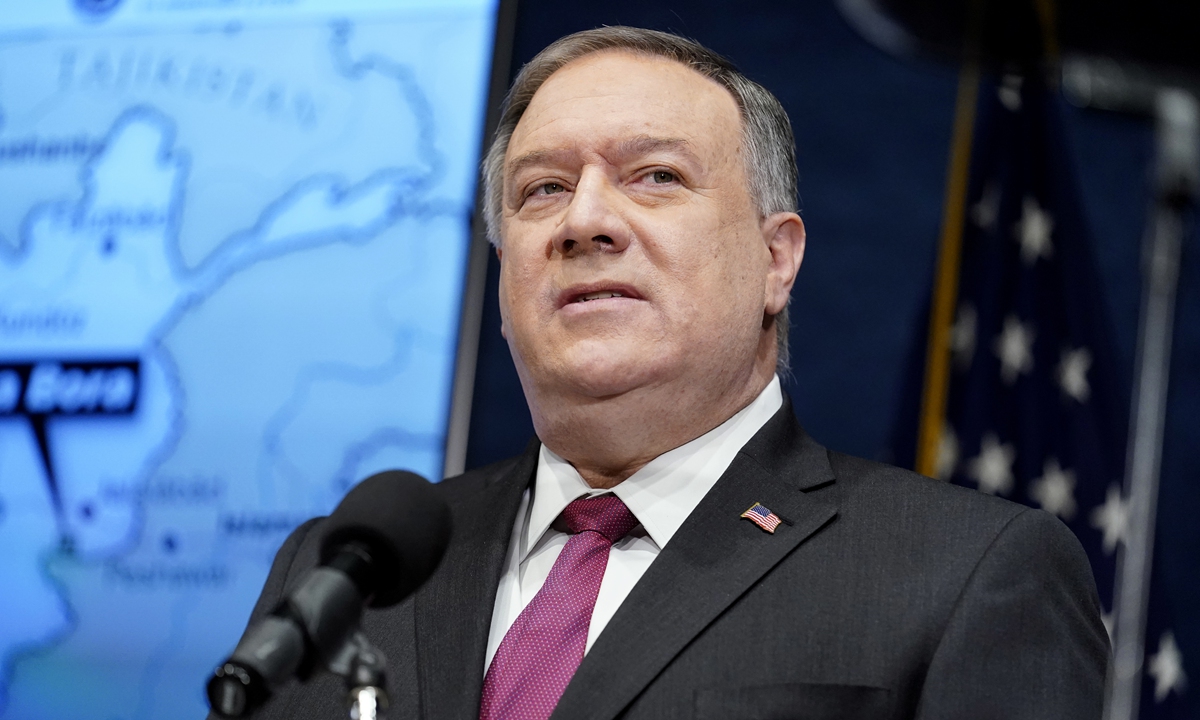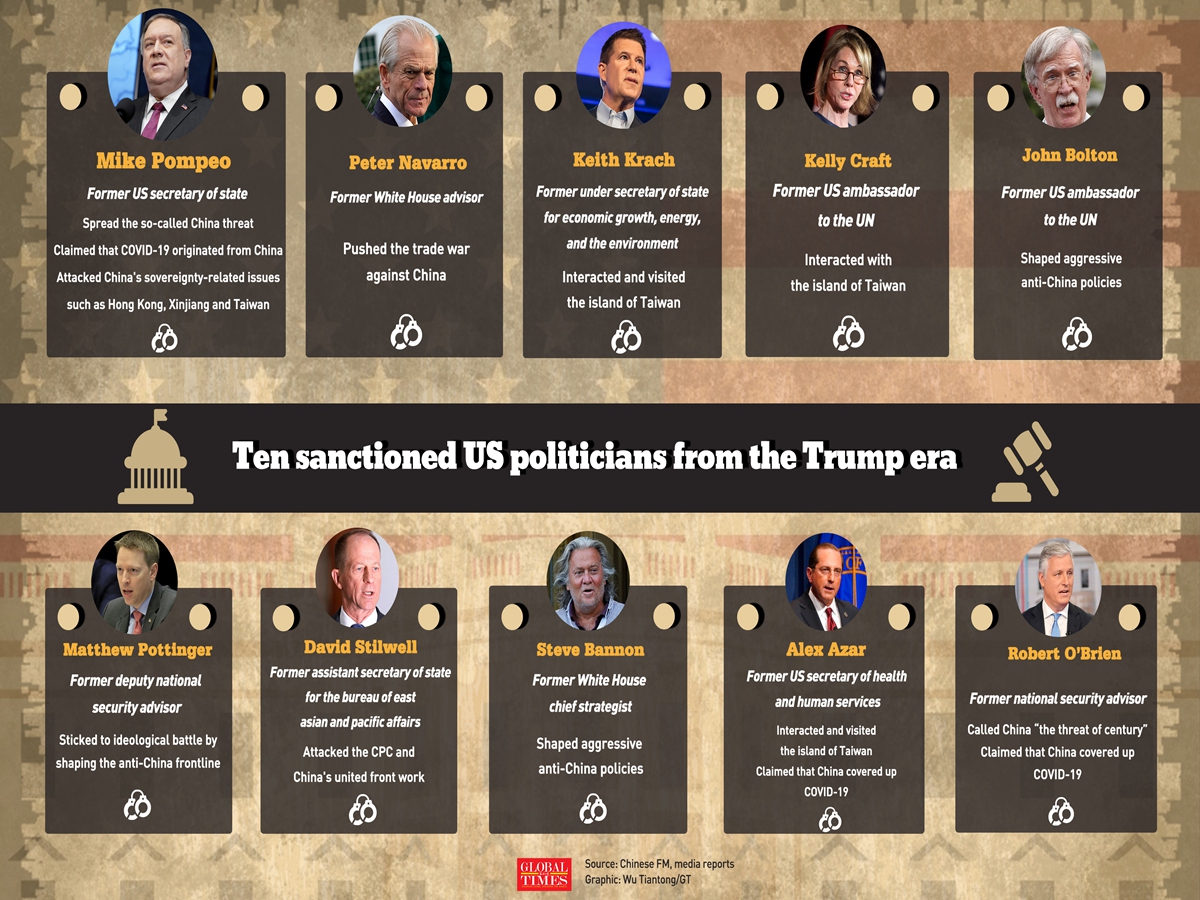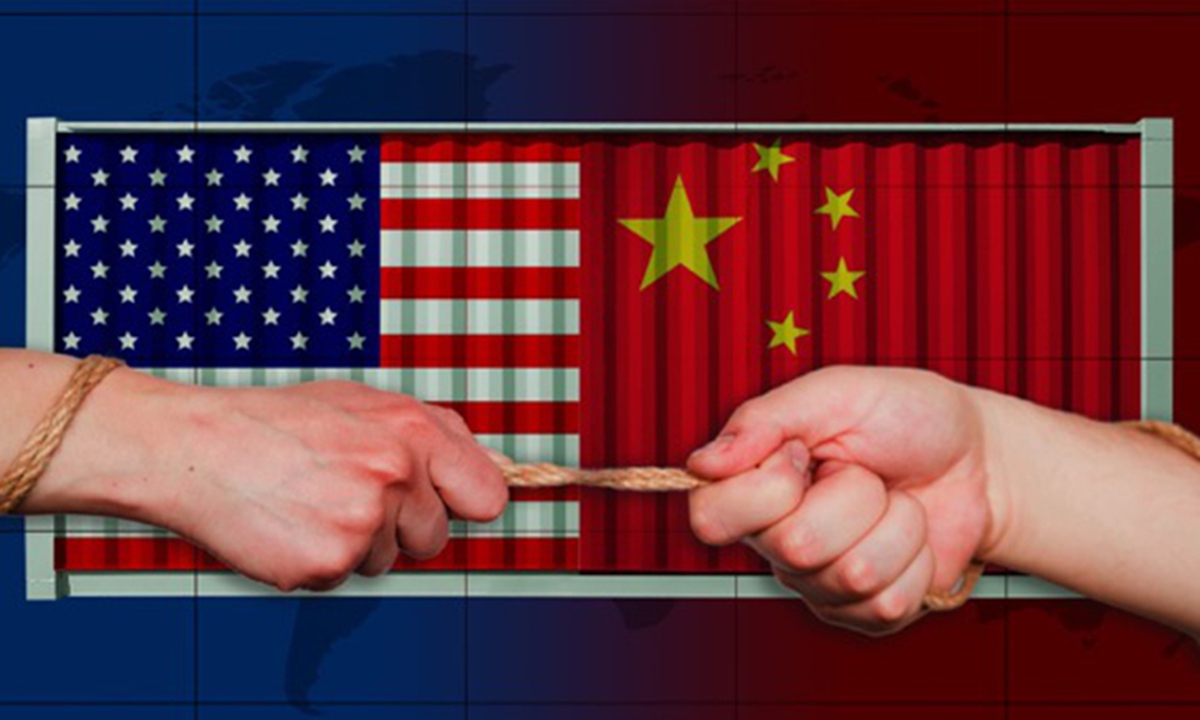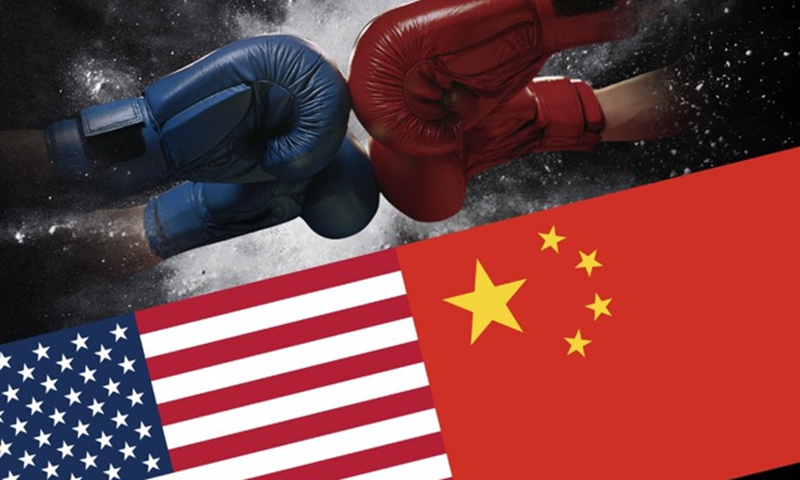
3 Types of COVID-19 Tests, and Which One Is the Most Accurate
https://www.health.com/condition/infectious-diseases/coronavirus/covid-19-test-types Health authorities worldwide use either RT-PCR or RTK-Ag to test the virus
There are two known popular Covid-19 tests available and used by the health authorities worldwide to detect the virus.
The two tests – reverse transcription polymerase chain reaction (RT-PCR) and antigen rapid test kit (RTK-Ag) – require nasal or throat swab samples.
RT-PCR is considered the gold standard in diagnosing the Covid-19 virus.
It can detect if an individual has an active Covid-19 infection and the test has typically high sensitivity rates, though this also means the sample has to be carefully prepared to avoid contamination.<
RT-PCR is a molecular test that is able to detect minute quantities of Covid-19 virus’s ribonucleic acid (RNA) in the nasal or throat swab sample taken from an individual.
Chemicals are used on the swab to remove other substances and extract only the RNA in the sample.
The RNA is converted to DNA through the “reverse transcription” process, and extra short fragments of DNA are added by scientists to build DNA strands and to add marker labels to them to detect the virus.
The mixture is placed in a machine that creates copies of the viral DNA, during which the marker labels release a fluorescent dye that is measured by a computer.
Depending on the lab and logistics, results can be obtained in two hours, or up to several days if the sample needs to be shipped across distances.
The RTK-Ag test, on the other hand, is faster than the RT-PCR test, as it can generate results within 15 to 30 minutes.
As such, RTK-Ag has the advantage of detecting Covid-19 outbreaks quickly and in large quantities, but its accuracy is lower than the RT-PCR test and it may produce false-negative results (leading to a false sense of security).
The Health Ministry uses the RTK-Ag as an alternative to the RT-PCR in certain situations, in order to obtain test results within a shorter time in circumstances where molecular testing is not available.
Antigen tests work by detecting specific proteins on the surface of the virus, as opposed to the RT-PCR test which detects the virus’s genetic material.
Yet another Covid-19 test is the antibody test, which unlike the RT-PCR and RTK-Ag tests, is detected through a blood sample. Samples are obtained via pricking the finger or drawing of blood, and results can be obtained within a few days.
However, the antibody test is not suitable to be used to detect active Covid-19 infections as it can only show that a person has been (or never been) infected by the virus in the past.
The test picks up on antibodies, which are proteins created by a person’s immune system after they have been infected or vaccinated.
According to the US Centers for Disease Control and Prevention, it will take one to three weeks after infection for a person’s body to produce antibodies.
Related
Related posts:























